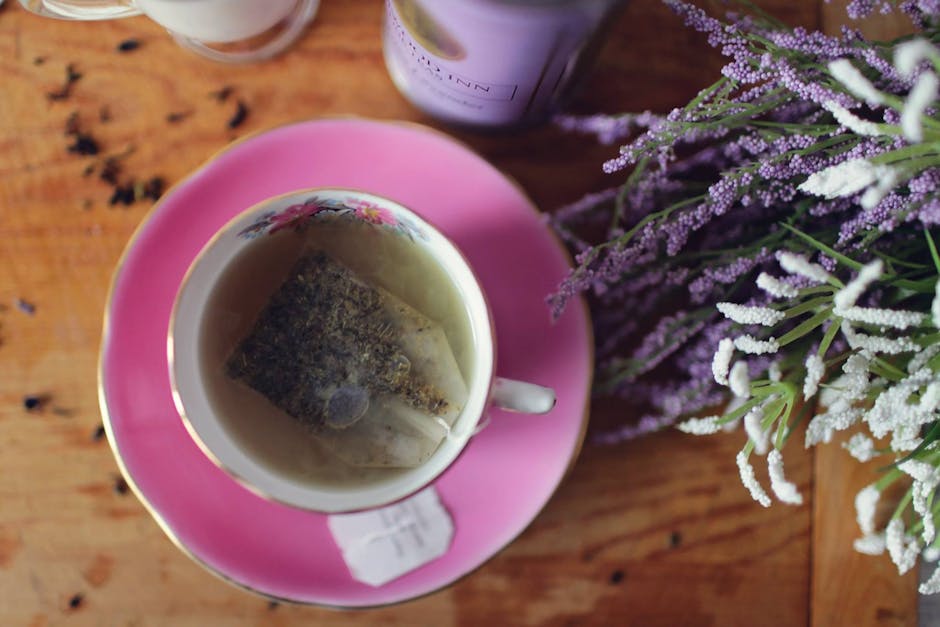Can I Compost Tea Bags?
Tea bags can be composted, but only if they are made of unbleached paper and contain only tea leaves; many contain plastic and staples that are not compostable.


Sourced & Cited
Composting tea bags depends entirely on their contents and construction. Many commercially available tea bags contain non-compostable materials, making them unsuitable for home composting. Let's explore what to look for to ensure successful composting.
Compost Classification
Green (Nitrogen-rich): Tea leaves themselves are moist and decompose readily, contributing nitrogen to your compost pile. Brown (Carbon-rich): Some tea bags are made from paper, which is a carbon-rich material that helps balance the nitrogen in the compost. However, many contain plastics or staples which are non-compostable.
🌱 Key Nutrients
This item contributes the following nutrients to your compost:
Nitrogen (N)
🏷️ Tags
Important characteristics to know about this item:
Breaks Down Slowly Use in Moderation Pest Attraction Risk May Contain Synthetics Adds Key Nutrients
⚠️ Potential Risks
- Pest attraction if the tea bag is not fully broken down.
- Slow decomposition if the bag contains plastic or staples.
- Potential for introducing unwanted chemicals or dyes into the compost if using commercially produced, non-biodegradable tea bags.
💡 Best Practices
- Remove staples and plastic from tea bags before adding them to the compost.
- Use only unbleached paper tea bags.
- Preferably, compost loose leaf tea directly without a bag.
- Chop up larger tea bags into smaller pieces to increase surface area for faster decomposition.
- Ensure good aeration and moisture levels in your compost pile.
